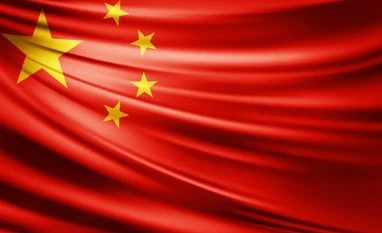China may go ahead with a regional economic deal without India as there is slim hope of New Delhi signing it in view of its concerns over cheap Chinese goods inundating Indian markets, an article in a state-run daily said today.
"An optimal choice for China would be to reach a deal that includes India, as that would allow Chinese-made products to enter the Indian market with tariff concessions after the Regional Comprehensive Economic Partnership (RCEP) starts running," the article in the Global Times said.
However, given India's free trade history and the concerns expressed about its own national interests, there is only a very slim possibility that India would agree to the deal under the existing framework and mechanisms. So China should set a sub-optimal goal of reaching an RCEP deal without India, it said.
"Although this would diminish the value of the agreement, China should continue speeding up the RCEP negotiations, because enhanced cooperation with ASEAN, Japan, South Korea and Australia is of strategic importance for China," it said.
The RCEP is a 16-nation trade pact that includes the Association of Southeast Asian Nations (ASEAN), along with China, Australia, India, Japan, South Korea and New Zealand, a region that accounts for 46 per cent of the world's population and that produced nearly 30% of global GDP in 2016.
China is pushing for RECP as Trans-Pacific Partnership (TPP),a trade alliance worked by the Obama administration, which is on the verge of eclipse after US President Donald Trump pulled Washington out of it.
Facing threat of cheap imports from China after the bilateral trade deficit mounted to over $53 billion, Indian officials say India is specially seeking to protect its advantages in services and stagger the phase-out of tariffs over a longer period in the case of China, to allow Indian industry more time to adjust.
More From This Section
The article cited four main reasons for India being reluctant to promote the RCEP, which included worries over entry of cheap Chinese goods with tariff concessions, widening trade deficit with China, worries over domestic companies becoming less competitive, RCEP clauses on intellectual property and services will not be conducive for India.
"India has unilaterally obstructed the normal process of WTO negotiations many times. In the final analysis, India is still worried about the lack of competitiveness of its local enterprises," it said.
"However, the RCEP is of great significance for China because the nation has been excluded from the TPP. China needs to promote the conclusion of the RCEP negotiations and be prepared for India's withdrawal from it," it added.
)